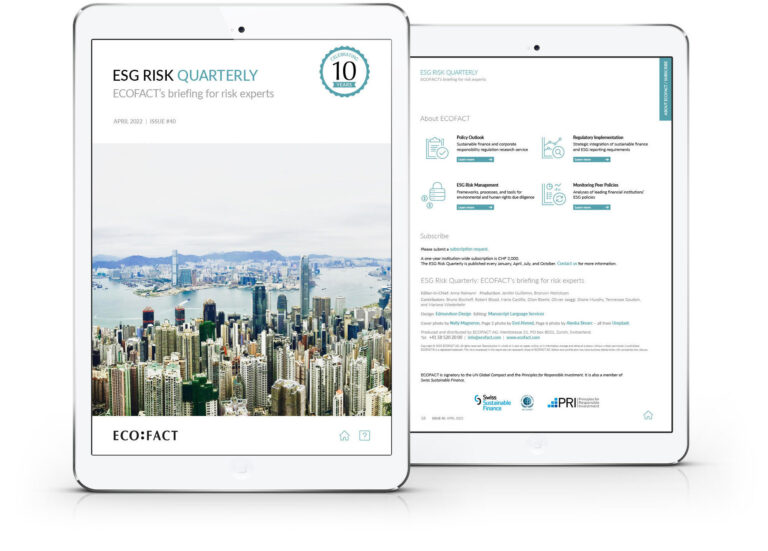“To cheers and sustained applause, the conference to negotiate a legally binding instrument to prohibit nuclear weapons completed its work today (…)”.[1]
A groundbreaking new nuclear weapon ban treaty was approved in New York on July 7, 2017. The Treaty on the Prohibition of Nuclear Weapons[2] is the first legally binding international agreement to prohibit all nuclear weapons.
In the negotiations for this pioneering treaty, of the 124 countries that participated in the final negotiations, 122 voted[3] in favor of the ban. Only the Netherlands voted against the treaty, and Singapore abstained. However, the negotiations were boycotted by several countries (the UN has 193 members), including countries that possess nuclear weapons and most of their military allies, such as all NATO countries – with the exception of the Netherlands. The treaty will open for signature on September 20, 2017, and enter into force 90 days after being ratified by the fiftieth country.
According to the terms of the new treaty, each “state party” will commit itself – among other obligations – never to “develop, test, produce, manufacture (…) nuclear weapons” or to “allow any stationing” of nuclear weapons in its territory.
To date, nuclear arms are the only weapons of mass destruction that have not been prohibited by definition. The Treaty on the Non-Proliferation of Nuclear Weapons[4] (NPT) that preceded the new treaty aims primarily to restrict the transfer of “any nuclear weapons whatsoever” to other countries. Interestingly, the NPT also includes a commitment to pursue negotiations on a treaty for complete disarmament (Article VI). However, this clause has so far had little effect.
The proponents[5] of the new treaty argue that it “was designed to ensure that no state could evade the basic safeguards underpinning the NPT,” while the NPT “would remain the cornerstone of the global non-proliferation regime.” The explicit prohibition encapsulated in the new treaty is seen as an important step towards delegitimizing nuclear weapons. Critics are concerned that the treaty could weaken the NPT and may be “incompatible with the policy of nuclear deterrence.”[6]
This milestone means that financial institutions now face a situation in which nuclear weapons are suddenly prohibited by an international treaty. If financial institutions are already refraining from investing in or providing services to companies linked to internationally banned weapons, it is probable that new organizations (such as Airbus and Boeing[7]) will be placed on the list of undesirables.
Financial institutions, unfortunately, will most likely be confronted with challenges comparable to those they faced when dealing with the Convention on Cluster Munitions[8]. These include different perceptions of the ban in different markets, the complex question of which activities and products are within the scope of the treaty, as well as the inconsistent company lists provided by ESG data providers. Financial institutions must therefore carefully assess what the new treaty means to them.
 All posts
All posts Contact
Contact



